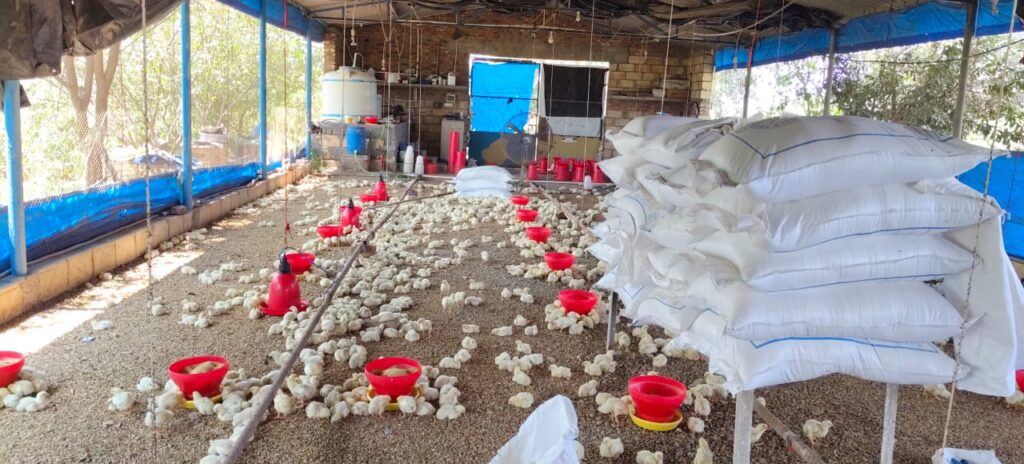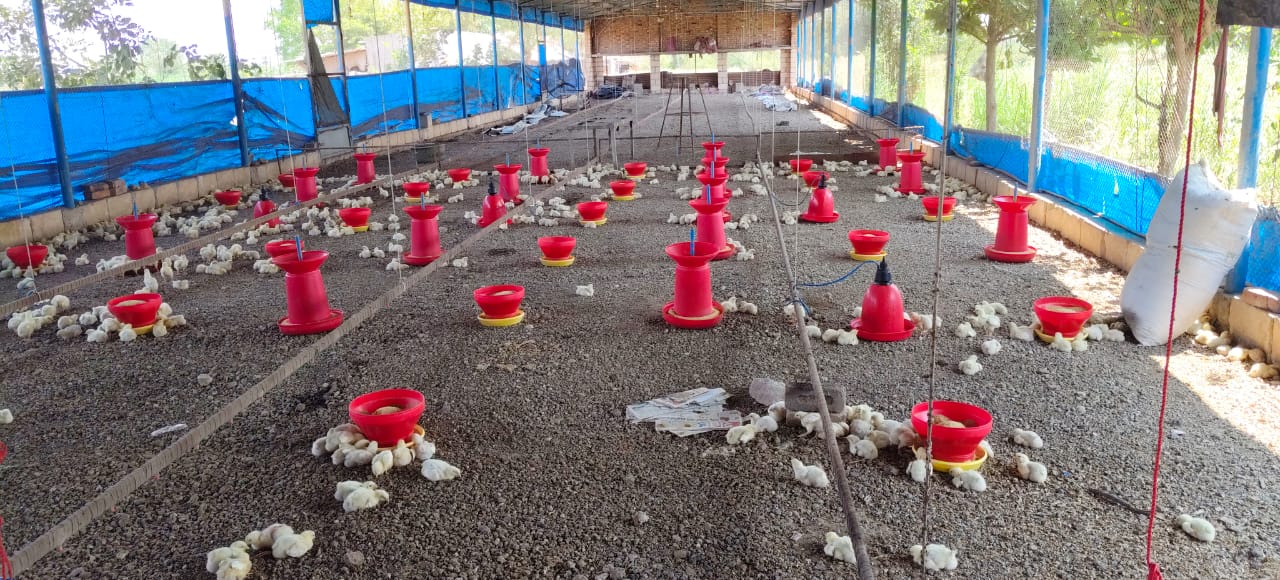Table of Contents
- Introduction to Mineral Hills Winery at Godard’s Red Hen Farm LLC
- A Legacy Rooted in the Land: The History of Godard’s Red Hen Farm
- From Farm to Vineyard: The Birth of Mineral Hills Winery
- Sustainable Viticulture: Farming Practices and Philosophy
- The Terroir of Mineral Hills: Soil, Climate, and Grape Varietals
- Award-Winning Wines: Signature Offerings and Tasting Notes
- The Tasting Experience: Tours, Events, and Hospitality
- Sustainability Beyond the Vineyard: Community and Environmental Initiatives
- Seasonal Highlights: Harvest Festivals and Wine Pairing Dinners
- Future Visions: Expansion and Innovation
- Conclusion: Savoring the Spirit of Mineral Hills
- Frequently Asked Questions (FAQ)
1. Introduction to Mineral Hills Winery at Godard’s Red Hen Farm LLC
Nestled in the rolling hills of [hypothetical location], Mineral Hills Winery at Godard’s Red Hen Farm LLC is a testament to the harmony between agriculture, tradition, and innovation. This family-owned estate seamlessly blends a century-old farming legacy with modern winemaking techniques, producing wines that reflect the unique mineral-rich terroir of its vineyards. Visitors are invited to explore lush vineyards, savor award-winning wines, and immerse themselves in a pastoral setting where sustainability and community are at the heart of every endeavor.
2. A Legacy Rooted in the Land: The History of Godard’s Red Hen Farm
The Godard family has cultivated the land since 1912, starting as a humble homestead focused on poultry, dairy, and row crops. Over generations, the farm evolved, adapting to market demands while preserving its agrarian roots. In the 1990s, third-generation farmer Margaret Godard recognized the potential of the region’s mineral-dense soil for viticulture. Partnering with local enologists, the family planted their first vines in 2005, marking the birth of Mineral Hills Winery. Today, the farm and winery operate symbiotically, with Red Hen Farm supplying organic produce for farm-to-table events and the winery crafting small-batch, terroir-driven wines.
3. From Farm to Vineyard: The Birth of Mineral Hills Winery
Transitioning from traditional farming to viticulture required vision and perseverance. The Godards spent years studying soil composition, microclimates, and grape varietals suited to their land. Key milestones include:
- 2005: Planting of experimental Chardonnay and Pinot Noir blocks.
- 2010: First commercial vintage released, earning regional acclaim.
- 2015: Construction of a state-of-the-art winemaking facility.
- 2020: Certification as a Sustainable Vineyard by [hypothetical certifying body].
The winery’s name, “Mineral Hills,” pays homage to the iron and limestone deposits that imbue their wines with distinctive crispness and complexity.

4. Sustainable Viticulture: Farming Practices and Philosophy
Mineral Hills Winery operates under three core principles: sustainability, quality, and community.
- Organic Farming: No synthetic pesticides or herbicides; compost and cover crops enrich the soil.
- Biodiversity: Hedgerows and wildflower patches support pollinators.
- Water Conservation: Drip irrigation and rainwater harvesting reduce usage by 40%.
- Solar Energy: 80% of the winery’s power comes from on-site solar panels.
Margaret Godard explains: “We’re not just growing grapes—we’re stewarding an ecosystem.”
5. The Terroir of Mineral Hills: Soil, Climate, and Grape Varietals
The winery’s terroir is defined by:
- Soil: Iron-rich clay loam with limestone sublayers.
- Climate: Moderate summers with cool nights, ideal for slow ripening.
- Grapes:
- White Varietals: Chardonnay, Riesling, Grüner Veltliner.
- Red Varietals: Pinot Noir, Cabernet Franc, Blaufränkisch.
The unique minerality of the soil is most pronounced in their flagship Limestone Reserve Chardonnay, praised for its bright acidity and flinty finish.
6. Award-Winning Wines: Signature Offerings and Tasting Notes
| Wine | Varietal | Tasting Notes | Pairing Suggestions |
|---|---|---|---|
| Limestone Reserve | Chardonnay | Green apple, wet stone, toasted brioche | Seared scallops, herb-roasted chicken |
| Iron Hill Red | Cabernet Franc | Black cherry, violet, crushed gravel | Grilled lamb, mushroom risotto |
| Red Hen Rosé | Pinot Noir | Strawberry, citrus zest, rose petal | Summer salads, goat cheese |
| Heritage Blend | Grüner Veltliner | White pepper, lime, minerality | Sushi, spicy Thai cuisine |
The Iron Hill Red recently won a Gold Medal at the [hypothetical International Wine Competition], solidifying Mineral Hills’ reputation for bold, structured reds.
7. The Tasting Experience: Tours, Events, and Hospitality
Visitors to Mineral Hills enjoy:
- Guided Vineyard Tours: Explore the terroir with a sommelier-led walk.
- Tasting Room: Rustic-chic ambiance with panoramic views.
- Blending Workshops: Craft your own wine blend to bottle.
- Seasonal Events: Harvest festivals, sunset yoga in the vineyards.
Pro Tip: Book the Farm & Vineyard Package, which includes a wine tasting paired with Red Hen Farm’s artisanal cheeses and charcuterie.
8. Sustainability Beyond the Vineyard: Community and Environmental Initiatives
The Godards extend their ethos to:
- Community Partnerships: Donating 5% of proceeds to local food banks.
- Educational Programs: Hosting school groups for agricultural workshops.
- Wildlife Corridors: Preserving 50 acres as protected habitat.
9. Seasonal Highlights: Harvest Festivals and Wine Pairing Dinners
Don’t miss:
- September Harvest Festival: Grape stomping, live music, and farm-fresh feasts.
- Winter Wine & Firelight Dinners: Five-course meals paired with library vintages.
10. Future Visions: Expansion and Innovation
Plans include:
- Planting experimental hybrid grapes resistant to climate change.
- Launching a carbon-neutral shipping program.
- Expanding the tasting room to include a rooftop terrace.
11. Conclusion: Savoring the Spirit of Mineral Hills
Mineral Hills Winery is more than a destination—it’s a celebration of heritage, nature, and craftsmanship. Each bottle tells a story of the land, inviting wine lovers to taste the legacy of Godard’s Red Hen Farm.
12. Frequently Asked Questions (FAQ)
Q: Are reservations required for tastings?
A: Weekends require reservations; walk-ins welcome on weekdays.
Q: Is the winery pet-friendly?
A: Leashed dogs are allowed in outdoor areas.
Q: Do you ship internationally?
A: Currently, shipping is available within the U.S.
Q: What’s the best time to visit?
A: September for harvest festivities or May for blooming vineyards.
Q: Are your wines vegan?
A: Yes—all wines use plant-based fining agents.
